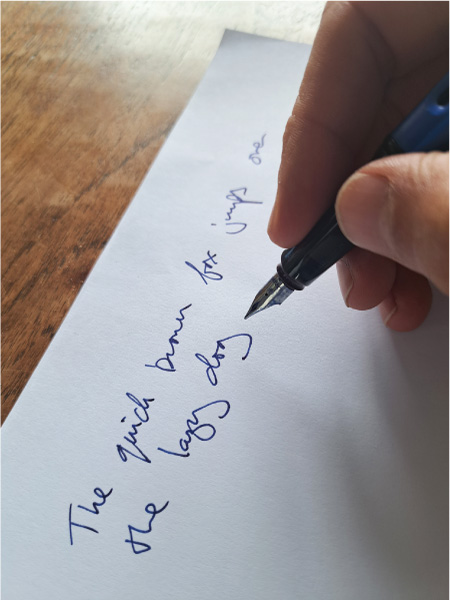2.4 Expertise
The next hurdle to admissibility is whether the individual witness is in fact an expert in the relevant area. If the witness possesses sufficient expertise, their evidence will be admissible even if the witness is not a terribly good expert. Once the hurdle of admissibility is overcome, it is for the court to attach such weight to the evidence as they see fit. In R (Doughty) v Ely Magistrates’ Court,Footnote 9 the justices had wrongly excluded the evidence of an expert in speed detection because of his relative lack of experience. The appeal court pointed out:
Whether the claimant is a good expert or not is neither here nor there. The quality of his report is neither here nor there. … These matters are not a sufficient basis for having ruled the claimant to be simply not competent to give expert evidence at all.Footnote 10
In considering whether an individual is an expert, it is the fact of whether they have the expertise that is important, not their formal qualifications. The leading example of this is the case of R v Silverlock,Footnote 11 where a solicitor who had acquired expertise in handwriting recognition as an amateur for ten years was recognised as an expert, even in the absence of formal qualifications.
Footnotes
- 9 R (Doughty) v Ely Magistrates’ Court [2008] EWHC 522 (Admin).Back to main text
- 10 R (Doughty) v Ely Magistrates’ Court [2008] EWHC 522 (Admin) [24].Back to main text
- 11 R v Silverlock [1894] 2 QB 766.Back to main text

